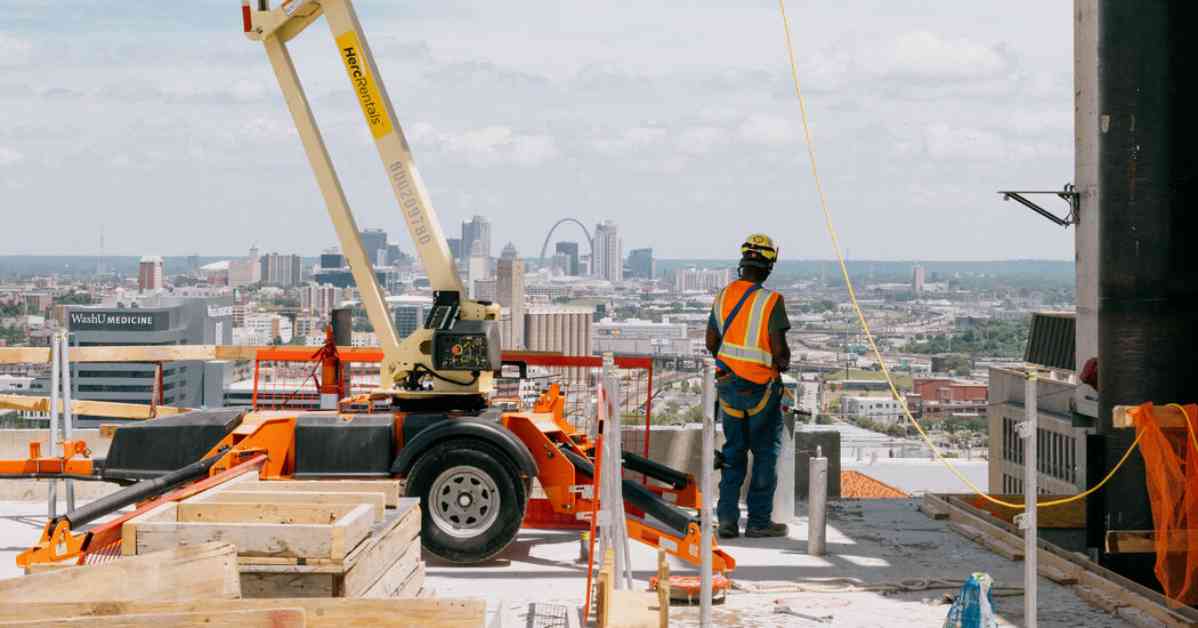An early heatwave has hit much of the United States, catching many people off guard. Larry White in Chicago was surprised by the 93-degree temperature in mid-June, as he usually didn’t need air conditioning in his apartment at this time of year. The scorching heat has led to crowded beaches and the opening of city pools and water playgrounds earlier than usual.
The Midwest has been hit hard by the heatwave, with temperatures soaring and leaving the region sweltering. Meteorologists are predicting that the high temperatures will persist for the next few weeks, indicating a potentially brutal summer ahead. The heat is expected to move towards the Northeast, with states like New Jersey, Pennsylvania, New York, and Connecticut experiencing heat indexes exceeding 100 degrees by the end of the week.
The unusually early and intense heatwave has raised concerns about the impact of climate change on weather patterns. Scientists warn that extreme weather events like this heatwave may become more frequent and severe in the future if global warming continues unchecked. It serves as a reminder of the importance of taking action to reduce greenhouse gas emissions and mitigate the effects of climate change.
As temperatures continue to rise across the country, it is essential for individuals to take precautions to stay safe and cool during the heatwave. This includes staying hydrated, avoiding strenuous outdoor activities during the hottest part of the day, and seeking shelter in air-conditioned spaces when necessary. It’s also important to check on vulnerable populations, such as the elderly and young children, to ensure they are coping with the heat.
In conclusion, the early heatwave sweeping across much of the U.S. is a stark reminder of the increasing challenges posed by climate change. By taking proactive measures to adapt to changing weather patterns and reduce greenhouse gas emissions, we can help mitigate the impact of extreme heat events like this one and protect the health and well-being of our communities.


















